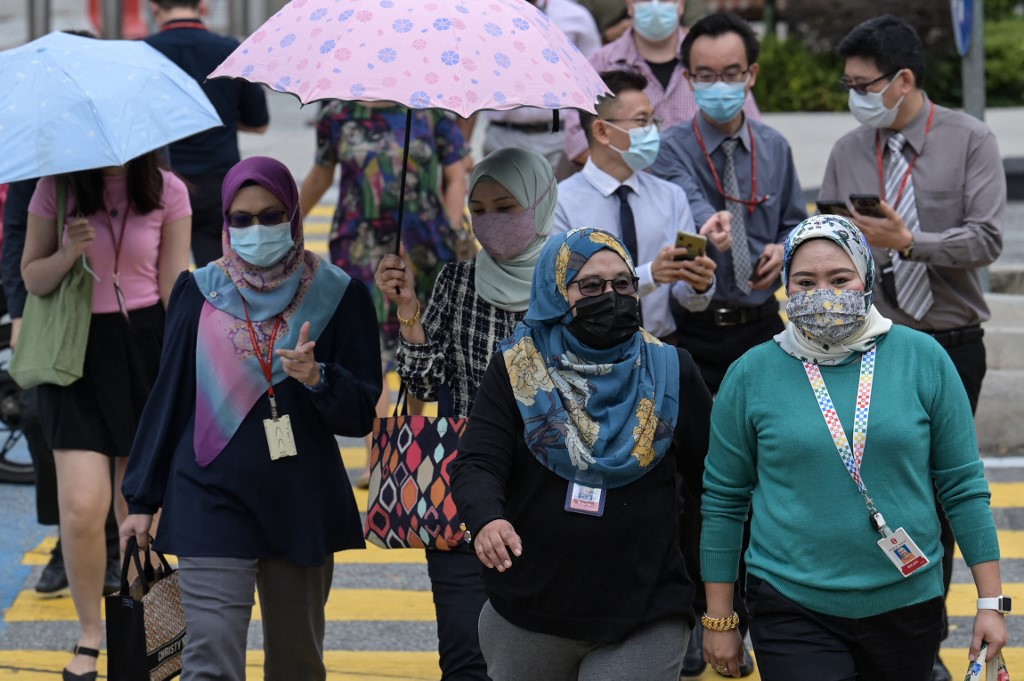THE rising costs of living and ongoing economic challenges have led Malaysians to seek additional means to alleviate their financial pressures, with more than half of local knowledge workers (66%) taking on a secondary source of income.
This is the highest rate out of all countries surveyed in human resources (HR), payroll and benefits platform Employment Hero’s latest study on the matter (Singapore 56%; Australia 51%; New Zealand 51% and UK 38%).
According to its 2022 Remote Work Report, which polled over 1,000 Malaysian knowledge workers, Generation Z and millennials aged 18-35 were the main drivers of this trend, with 49% of those aged 18 to 24 and 42% of 25 to 34-year-olds having a secondary job or business venture.
Overwhelmingly, those with additional income streams view this as a positive development, with 77% saying it has greatly improved their quality of life.
Most employees surveyed (78%) also believe their productivity at work is not affected by having other income streams, with 38% of those who were able to work on their secondary income during their regular working hours attributing this to the flexibility they receive by working remotely or in a hybrid setting.
While most employees largely worked remotely or in a hybrid style from 2020 and 2021 during the Movement Control Order (MCO), the return to a post-COVID-19 pandemic “normal” saw over half of the workforce (55%) returning to the office full-time in 2022.
Of these, 43% said that their return was due to their employer’s directive.
However, 88% of Malaysian employees are keen to work remotely at least once a week, with the driving force of this trend being Gen Zs, with 93% of those aged 18 to 24.
“Better way to have work-life balance”
Remote and hybrid work was also seen as being better for work-life balance, personal finances and preventing climate change as doing so allows Malaysians to delegate time between home and work, save on food and transportation and reduce carbon emissions from commuting.
Interestingly, the survey also found that respondents believe remote working supports diversity, equity and inclusion: out of those surveyed from marginalised groups, 60% agree that remote work protects them from discrimination.
However, while employees are eager to embrace remote and hybrid work, many are also aware that their activity is monitored.
61% of employees said their employers use tracking or activity monitoring systems, including productivity-tracking algorithms (24%), video recording or screenshot logs (12%) and keystroke logging (10%).
Despite this, Malaysian employees had the most positive view and degree of trust for technology and machine learning in the workplace, compared to the other countries surveyed.
Commenting on the survey findings, Employment Hero chief people officer Alex Hattingh said there is a clear preference in Malaysian knowledge workers to be able to work remotely, particularly in a hybrid model where they will be able to enjoy the best of home and office settings.

“Out of all the countries surveyed in our report, it’s interesting to note that Malaysians stand out as viewing a secondary income as a positive – and maybe even necessary – addition to their lives,” she said in a statement.
She said this demonstrates a keenness to take on new challenges and workers’ capability to juggle various responsibilities without letting them affect their productivity at work.
“Employers would be wise to remember this, especially when dealing with the younger generations in the workforce,” Hattingh cautioned.
“This is a generation of young, hardworking Malaysian talent who are not afraid to leave and look for other more flexible opportunities should employers try to push them back into old working patterns that no longer fit their needs.”
As such, Hattingh said employers must be prepared to support remote workers’ needs, adding that culture, mentorship and career development are top priorities talent in Malaysia are looking for in terms of support from employers.
“We are in an era where the future of work is undoubtedly flexible; employers must adapt and engage with their workforce if they hope to successfully attract and retain great talent, or risk losing out.” – Oct 8, 2022
Main photo credit: The Malaysian Reserve











